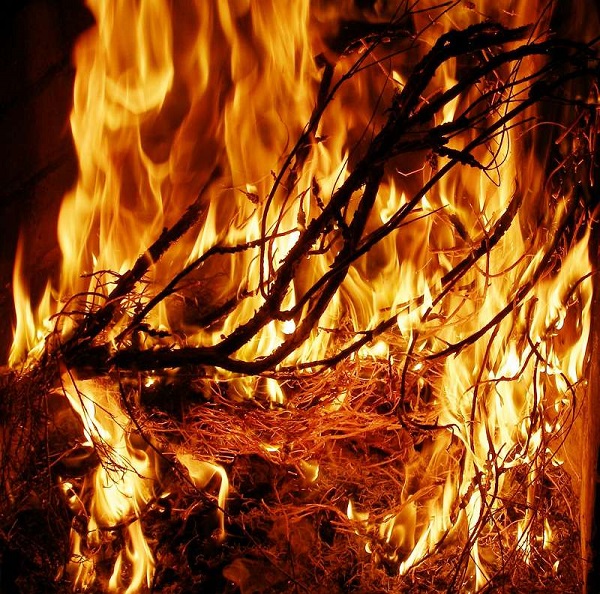FWP:
SETS == GENERATORS;
INEXPRESSIBILITY; KAHAN
DESERT: {3,1}
GRANDIOSITY: {5,3}
PROPORTIONALITY: {6,4}
JAUHAR verses: The word jauhar is remarkably full of possibilities; see the definition above. Ghalib most often-- though by no means always-- applies the term to the polish-marks on a metal mirror (think of its being scrubbed with steel wool). Some examples of Ghalibian usage: {1,7x}, eyelashes; {5,4}, thought; {6,13x}, down on the cheek; {16,4}, sword-blade;
{16,7x}, mirror-chamber; {17,4}, eyelashes;
{23,4x}, net; {29,2}, mirror; {34,2}, mirror,
with Ghalib's own commentary; {42,9x}, mirror;
{56,2}, mirror; {57,5}, cruelty;
{73,1}, cheek; {88,6x}, showing them on sword-blade; {105,3x}, steel; {113,6}, dust-motes;
{113,10x}*, ants; {120,6}, iron; {128,2x}, mirror; {166,6x}, mirror; {217,2} is particularly concerned with the tempering of a sword // {321x,7}, mirror; {408x,6}, mirror.
In the present verse, the pattern of mutual echoes and affinities among the four words defined above is simply astonishingly rich.
{How / where / as if!}
would be {spread out / presented}
the {heat / fervor / anger / lust} of
the {essence / accomplishment / well-temperedness}
of {reflection / thought / doubt}?!
At the merest thought of {madness / wildness / desert},
the {desert / wilderness}
became {burned / moved / anguished / envious, jealous / passionate / enraged}
A word like 'convey', which similarly evokes both heat and thought, is a small reminder of the complex, uncapturable wordplay-- and meaning-play-- of the original. Really, you can mix and match the possibilities until the verse is about either rationality and thought, or irrationality and emotion, or anything in between.
And what sort of 'thought' was it that happened to come to the speaker? Merely kuchh ḳhayāl , just a bit of a thought. But it could have been: 1) a first step toward yielding to madness in his own mind; 2) a fearful thought of the danger that madness might overtake him; 3) a desire to express the heat of andeshah somewhere-- say, in the wilderness; 4) a concern about the fate of the wilderness, if anyone ever unleashed the power of andeshah in it. Any or all of these are possible, and so many others besides. This verse is a 'meaning machine' if there ever was one, though it is based partly on multivalent individual words, and not just on cleverness with the grammar.
This verse belongs to the 'snide remarks about the natural world' set; for others, see {4,8x}.
Compare {57,5}, which also uses both ʿarẓ and jauhar . And there's {141,6}, which also complains of the limited space available to vaḥshat in merely the whole world. Then, {214,15x} invokes both the ʿarẓ of tears and the vulnerability of the desert. Compare also {241x,1}, in which the desert is threatened with 'compression'. And there's also {307x,6}, which meditates on both ʿarẓ and jauhar-e andeshah .
Compare Mir's take on the natural world's vulnerability in the face of human passion-- he imagines it as accidentally drowned: M{100,1}. And on the world's inadequacy to the expansive scope of human needs, see M{1219,7}.

Nazm:
That is, how is it possible for me to manifest the heat of my temperament-- I just had a little thought of wandering in the desert, when the desert caught fire. And this exaggeration is contrary to custom-- that there should be such heat in the temperament that anything that is thought of would burn up. People consider ʿarẓ to be a word for the ẓilʿa of jauhar , although in an affinity with jauhar , ʿarẓ has 'movingness' [taḥrīk], not 'stillness' [sukūn]. (6)
== Nazm page 6